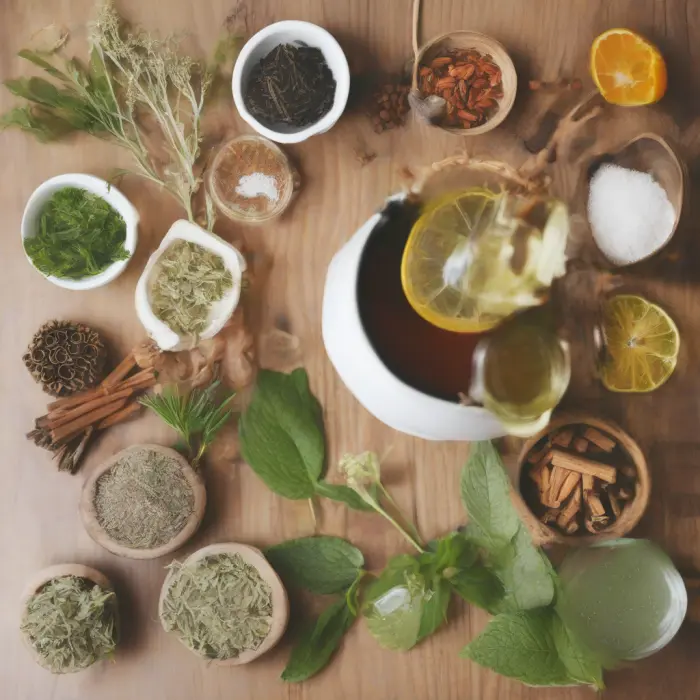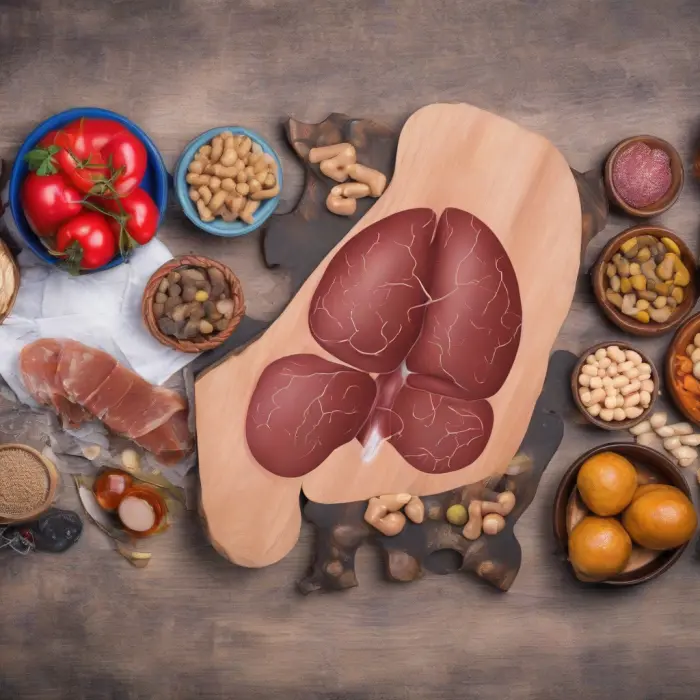Not just to balance blood sugar levels: Pumpkin seeds have six more health benefits
Practical, science-informed reasons to keep a jar of pepitas on your counter
Pumpkin seeds (pepitas) have earned a reputation for supporting steadier blood sugar. That makes sense: they pack fiber, protein, and magnesium—nutrients that help blunt glucose spikes and support insulin sensitivity. But the story doesn’t end with glycemic control. From gut and heart health to better sleep and even urinary comfort, these small seeds deliver a surprising range of benefits.
Below are six additional advantages, plus simple ways to use pumpkin seeds safely and effectively in everyday meals.
6 benefits of pumpkin seeds beyond blood sugar balance
1) Digestive and gut microbiome support
Pumpkin seeds supply a mix of fiber and polyphenols that feed beneficial gut bacteria. Their fiber adds bulk and helps keep stools regular, while their plant compounds are metabolized by microbes into short-chain fatty acids that support the gut lining. For people with sensitive digestion, lightly toasting or soaking seeds can make them easier to tolerate.
2) Heart and vascular health
Cardiovascular support is one of the most compelling reasons to eat pepitas regularly:
- Magnesium: An ounce of pumpkin seed kernels provides a meaningful share of the daily magnesium many adults fall short on. Magnesium helps relax blood vessels and supports healthy blood pressure.
- Healthy fats: Pumpkin seeds are rich in unsaturated fats (especially linoleic and oleic acids), which can favorably influence cholesterol profiles when they replace saturated fats.
- Arginine and plant sterols: Arginine supports nitric oxide production for vessel flexibility, and sterols can modestly reduce LDL cholesterol as part of an overall heart-healthy diet.
3) Better sleep quality and calmer mood
Pumpkin seeds naturally contain tryptophan, an amino acid your body uses to make serotonin and melatonin—key players in mood and sleep regulation. Their magnesium content also supports relaxation and muscle ease. A small evening snack that pairs pumpkin seeds with a carbohydrate source (like fruit or whole-grain crackers) can help tryptophan cross the blood–brain barrier more efficiently.
4) Immune resilience and healthy skin
Pepitas are one of the most convenient whole-food sources of zinc, a mineral essential for immune cell function and healthy skin barrier maintenance. They also provide antioxidants, including vitamin E compounds (tocopherols) and polyphenols, which help neutralize free radicals generated by everyday metabolic stressors and environmental exposures.
5) Prostate and urinary comfort
Pumpkin seed extracts and oils have been studied for lower urinary tract symptoms in men—particularly those related to prostate enlargement (BPH). Clinical trials suggest improvements in urinary flow, frequency, and nighttime urination for some individuals. Whole seeds aren’t identical to standardized extracts, but they contain similar bioactives (phytosterols, zinc, and antioxidants) that may contribute to urinary comfort over time.
6) Bone strength and muscle function
Bone isn’t only about calcium. Pumpkin seeds deliver magnesium, phosphorus, manganese, and copper—cofactors your body needs to build and maintain bone matrix and to support the enzymes that remodel bone. Magnesium also plays a central role in muscle contraction and relaxation, helping reduce cramp susceptibility in people who are deficient.
How much to eat, and easy ways to use them
A practical serving is about 1 ounce (28 g)—roughly a small handful or 1/4 cup of shelled pepitas. That gives you:
- About 160 calories
- ~8–9 g protein
- ~14 g fat (mostly unsaturated)
- ~2 g fiber
- Meaningful magnesium, zinc, iron, phosphorus, manganese, and copper
Simple ideas to add them to your week:
- Sprinkle on oatmeal, yogurt, or smoothie bowls for crunch and protein.
- Toss onto salads, grain bowls, and roasted vegetables.
- Blend into pestos and dips (swap part of the nuts with pepitas).
- Use as a crust for salmon or chicken with herbs and lemon.
- Stir into whole-grain batters, energy bites, or homemade granola.
- Snack mix: combine pepitas with roasted chickpeas and a few dried berries.
Tip: Lightly toast in a dry skillet over medium heat until they puff and smell nutty (3–5 minutes). This boosts flavor and crunch; avoid burning to preserve healthy fats.
Who should be cautious
- Salt-sensitive individuals: Choose unsalted or lightly salted versions; flavored mixes can be surprisingly high in sodium.
- Allergies: Seed allergies are uncommon but possible. Introduce small amounts if you’ve had reactions to other seeds.
- Calorie density: They’re nutrient-dense and easy to overeat; pre-portion if you’re monitoring calorie intake.
- Digestive flare-ups: Most people with a history of diverticular disease tolerate seeds; however, if you notice symptom flares, choose ground or blended forms and discuss with your clinician.
- Kidney stone history: Pumpkin seeds are moderate in oxalates. If you have calcium-oxalate stones, pair seeds with calcium-containing foods and maintain hydration, or seek individualized advice.
- Medications and conditions: If you’re on diuretics or have significant kidney disease, speak with your healthcare provider before making large changes to magnesium intake.
Why pumpkin seeds help stabilize blood sugar (in brief)
Even though this article focuses on additional benefits, it’s worth noting the glucose connection. Fiber and protein slow digestion, magnesium supports insulin signaling, and replacing refined snacks with pepitas can reduce glycemic load. Including them in mixed meals—alongside vegetables, lean proteins, and intact whole grains—helps flatten post-meal glucose rises.
Buying, storing, and preparing for maximum benefit
- Choose: Plain, unsalted, dry-roasted or raw pepitas. Check that oils used for roasting are high quality and not hydrogenated.
- Store: Keep in an airtight container away from heat and light; refrigerate or freeze for long-term freshness to protect delicate fats.
- Variety: Try both hulled green pepitas and whole in-shell roasted pumpkin seeds for different textures and fiber profiles.
- Soak/roast smartly: Soaking can reduce some antinutrients and improve digestibility; gentle roasting enhances flavor with minimal nutrient loss.
Key takeaways
- Pumpkin seeds are more than a blood-sugar-friendly snack; they support gut, heart, sleep, immune, urinary, and bone health.
- About a quarter-cup (1 ounce) daily as part of a balanced diet is a practical, nutrient-dense addition.
- Opt for minimally processed, low-sodium seeds and store them well to protect their healthy fats.
- As with any food, tailor portions to your goals and discuss specific concerns with your healthcare provider.










